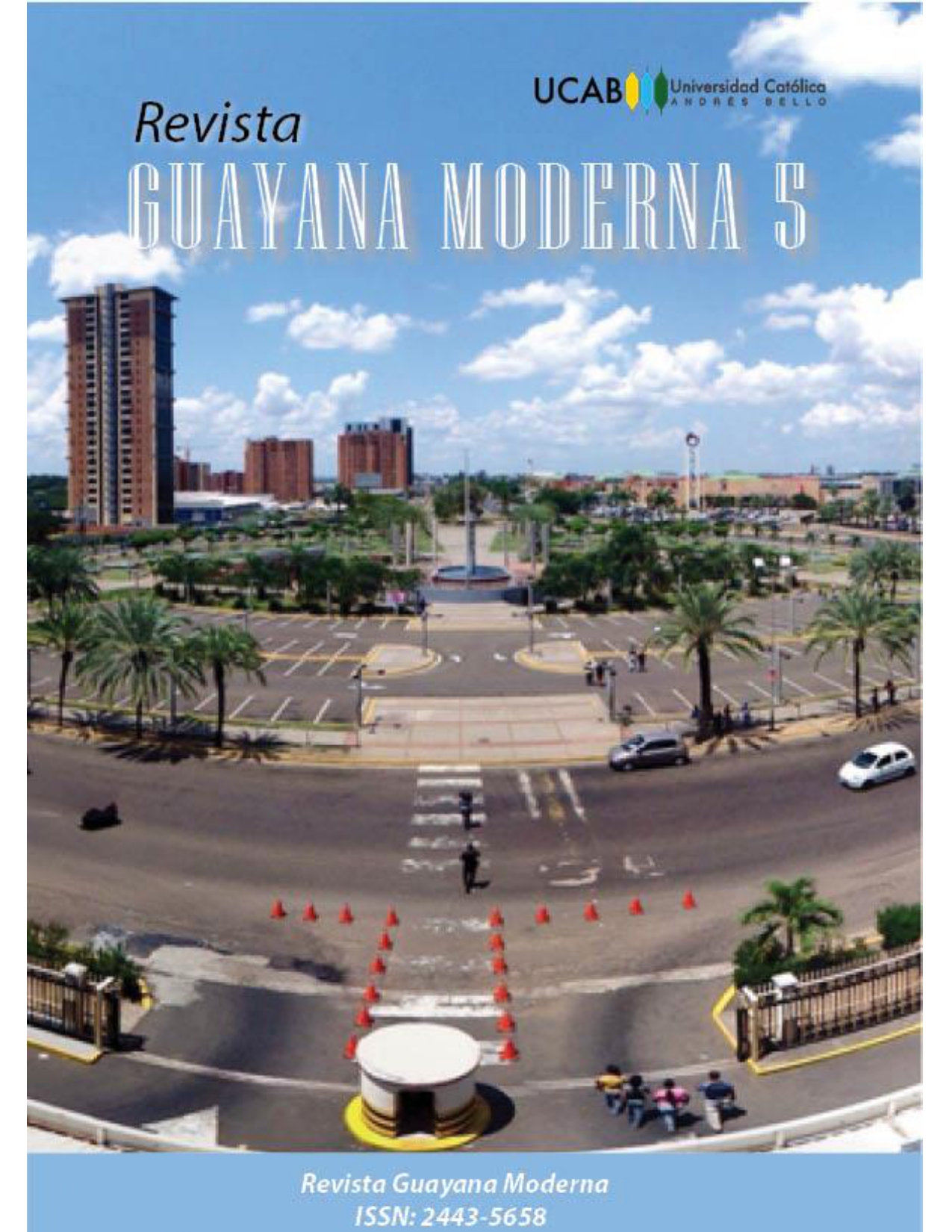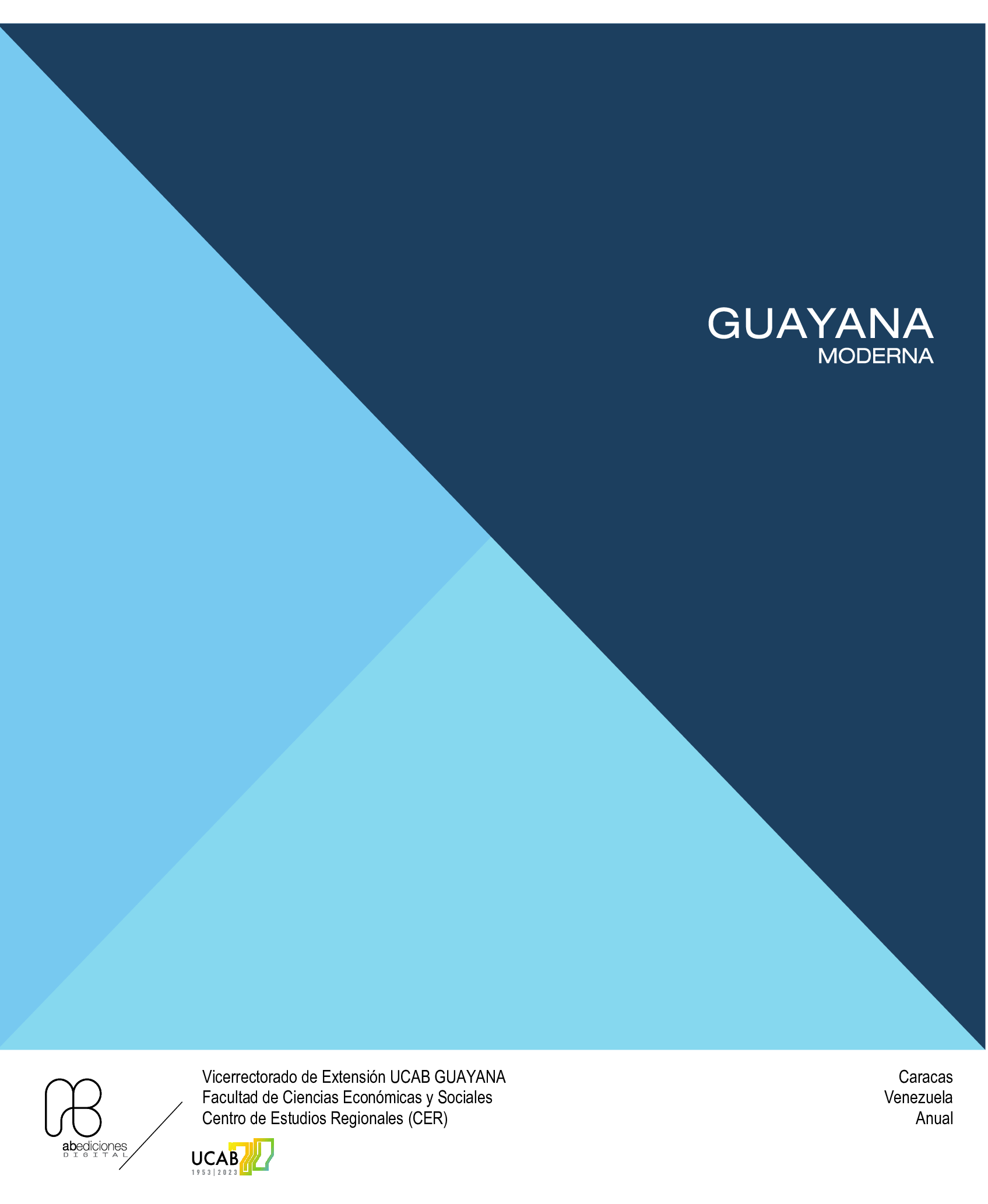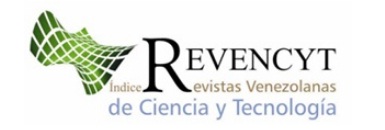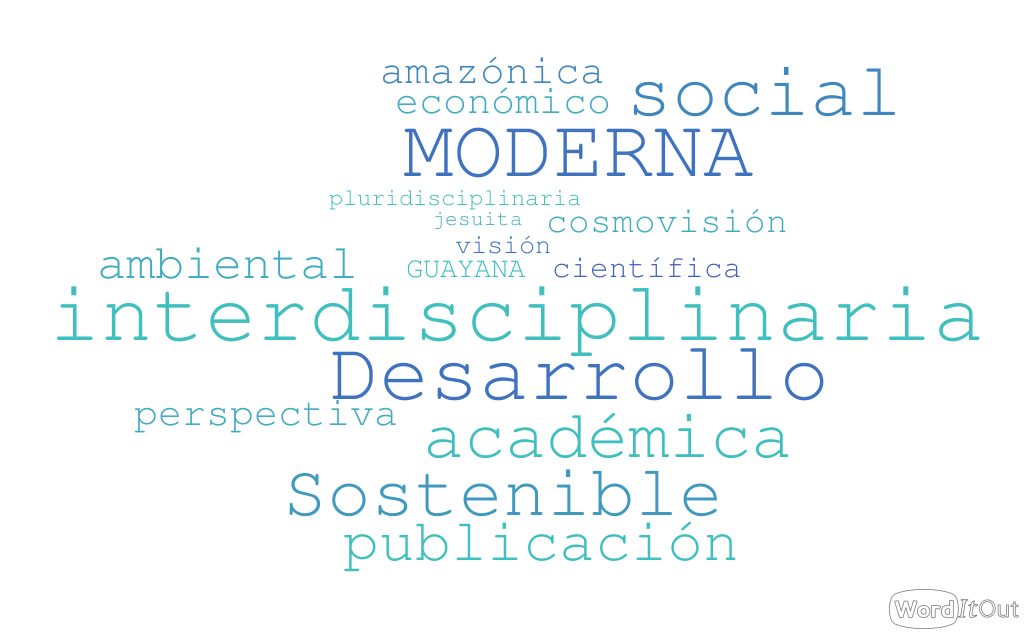THE DEMOCRATIC PROGRAM AN EXPLANATORY ANALYSIS FROM A SYSTEMIC APPROACH
DOI:
https://doi.org/10.1234/gm.v5i5.5299Abstract
The political history of emancipated Venezuela can be studied from two aspects that characterized it since 1830, one of them was constituted by caudillismo, overcome from the government of Gómez, and the other, called the democratic program marked with the appearance and acceptance of the modern political parties, still in force. The following work aimed to determine the theoretical concepts that framed the praxis of the democratic program as well as to explain some of the variables and behaviors that gave rise to the entry of the so-called 21st century socialism. To carry out the research, three selected texts by Venezuelan authors with extensive expertise on the subject were specifically used, Guevara (1989): Concertación y conflict, Rey (2003): Esplendores y miserias de los parties politicos and Urbaneja (1993) Pueblo y Petroleum in 20th Century Venezuelan Politics and a Canadian Political Scientist Easton (1999): Outline for Political Analysis. To carry out the explanatory analysis from a systemic approach, the holistic model of Bagozzi and Phillips (1982) was freely used, in the contentive design of the political concepts used by the aforementioned authors.
Keywords: political parties, populism, political patronage, tension,
feedback, persistence








